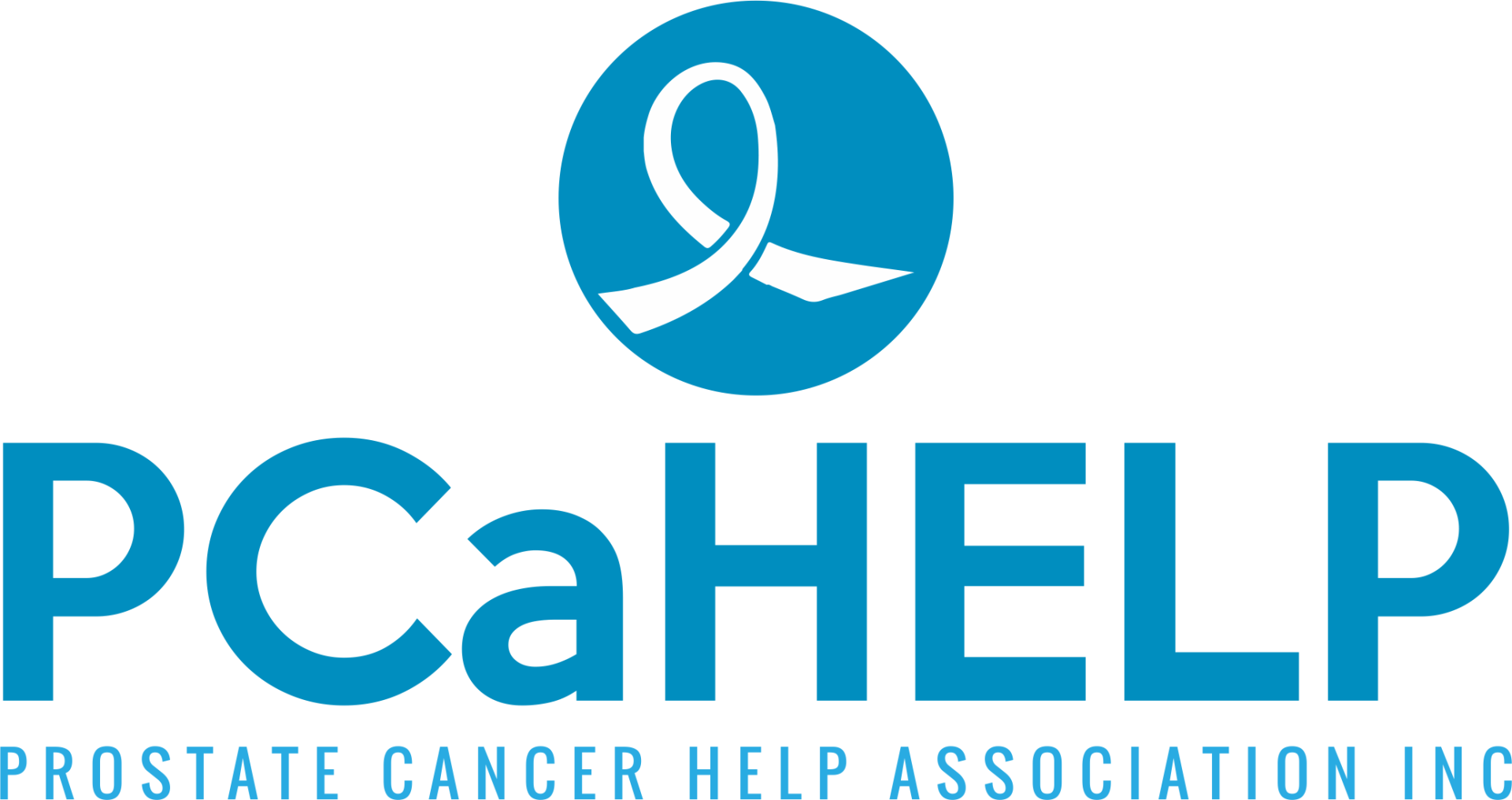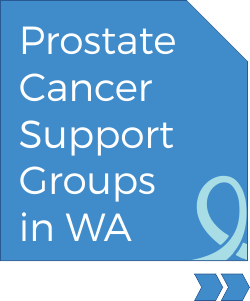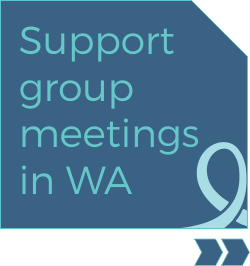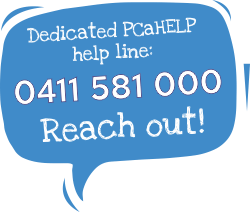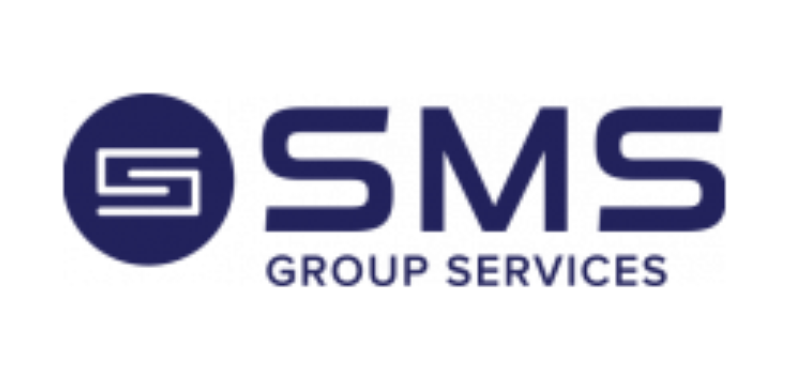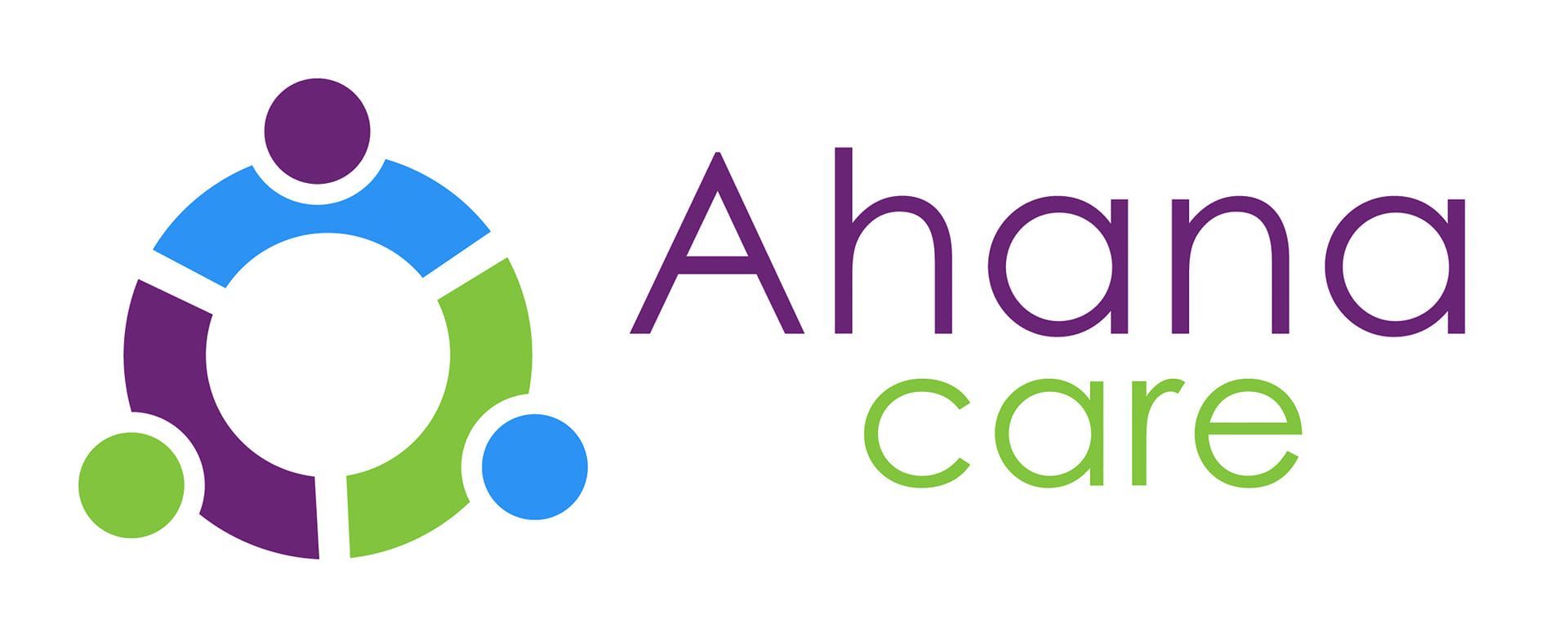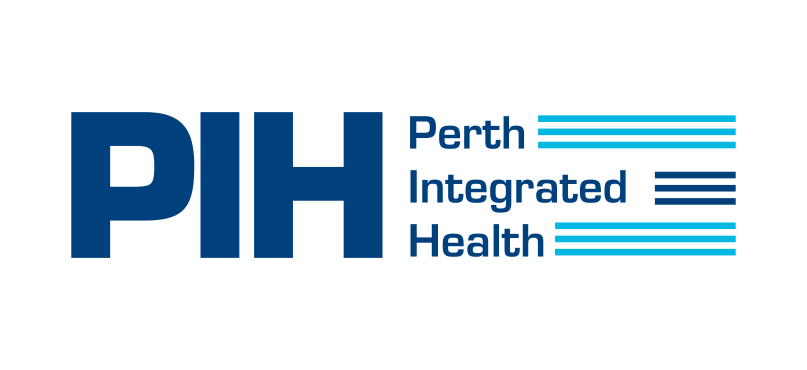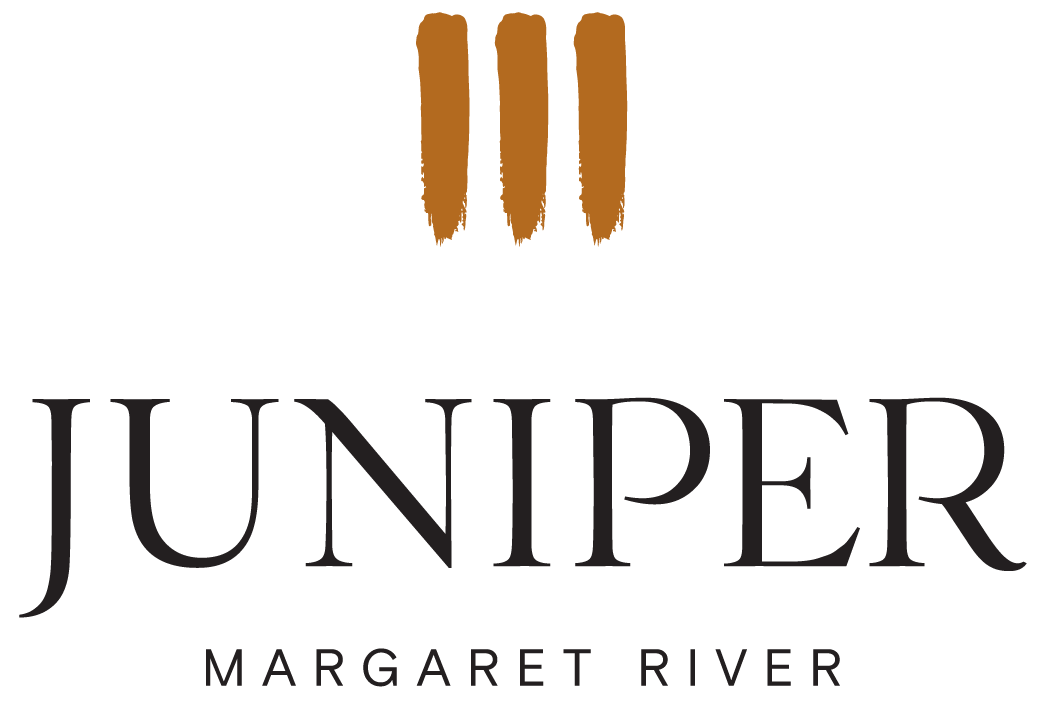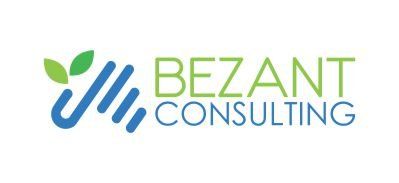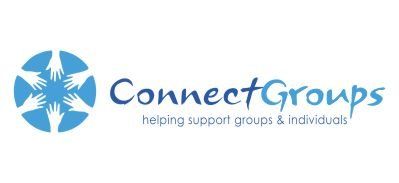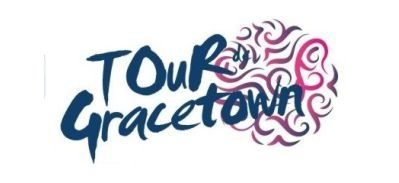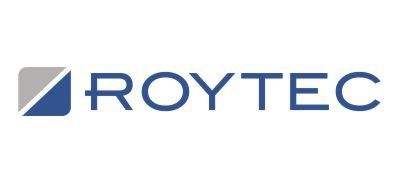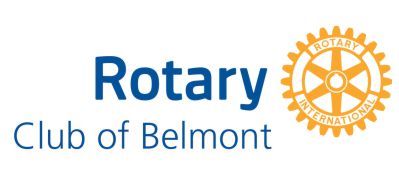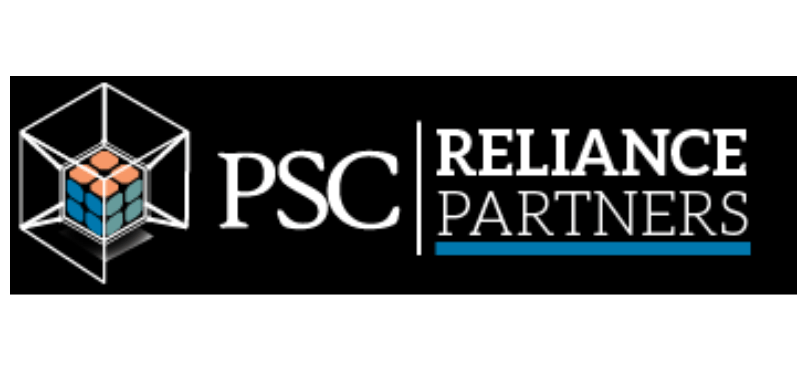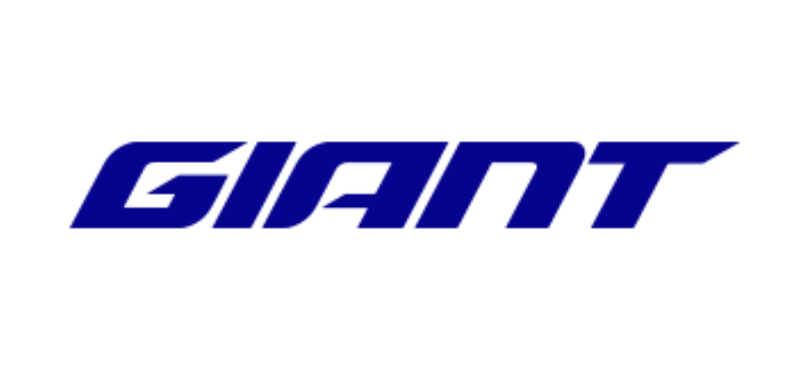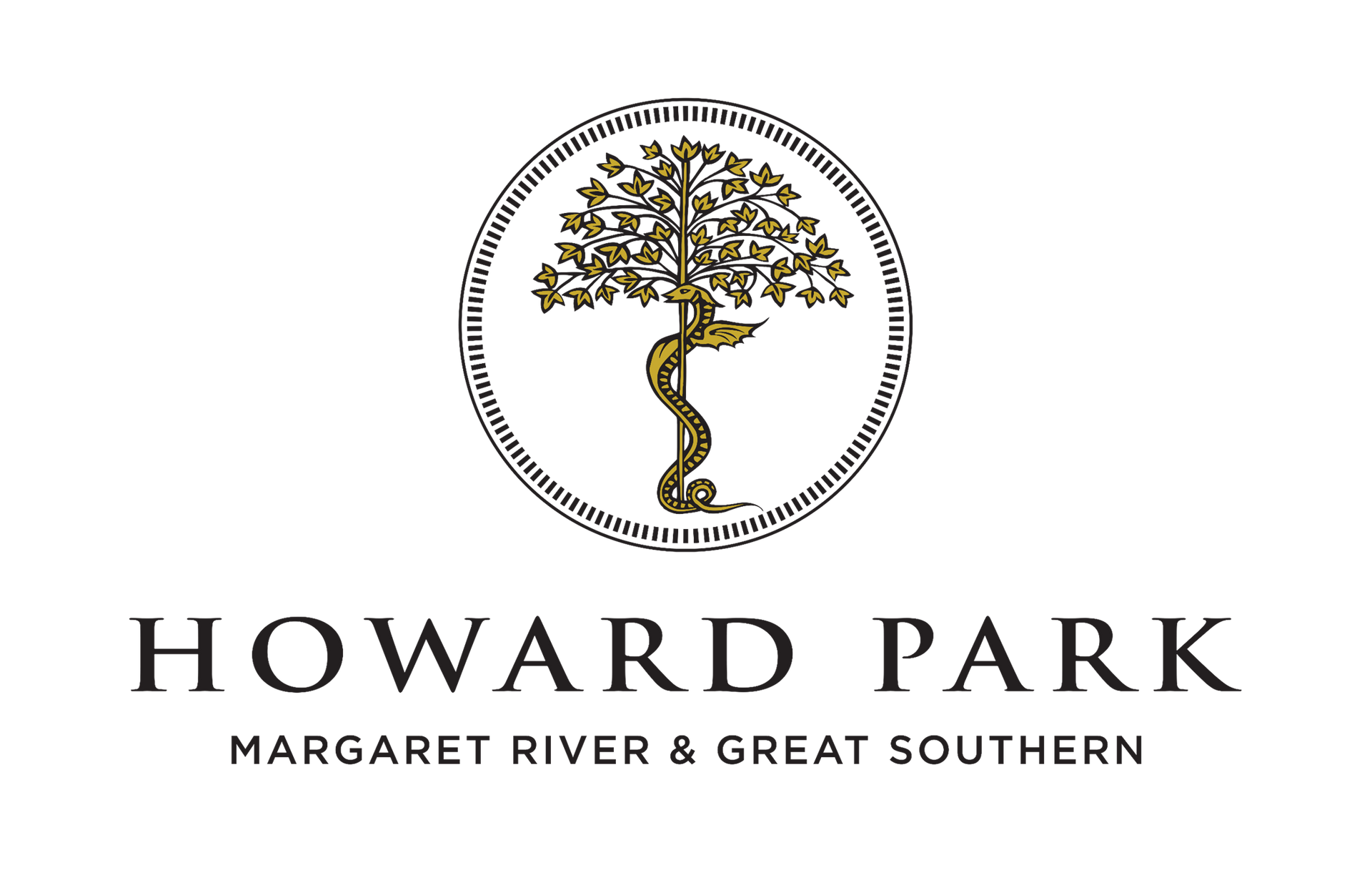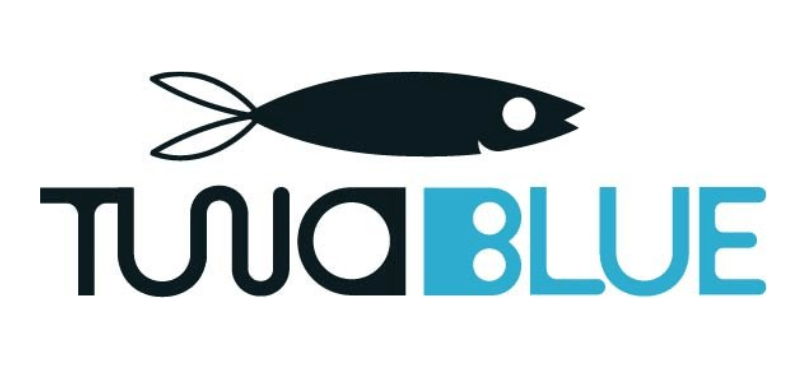WHO “Coronavirus disease (COVID-19) advice for the public”
March 23, 2020
New The World Health Organisation has issued the following “Coronavirus disease (COVID-19) advice for the public”
Basic protective measures against the new Corona Virus
Stay aware of the latest information on the COVID-19 outbreak, available on the WHO website at https://www.who.int/emergencies/diseases/novel-coronavirus-2019/advice-for-public
and through your national and local public health authority. Most people who become infected experience mild illness and recover, but it can be more severe for others. Take care of your health and protect others by doing the following:
- Wash your hands frequently
Regularly and thoroughly clean your hands with an alcohol-based hand rub or wash them with soap and water.
Why? Washing your hands with soap and water or using alcohol-based hand rub kills viruses that may be on your hands.
- Maintain social distancing
Maintain at least 1 metre (the Australian Government recommends increasing this to 1.5 metres) distance between yourself and anyone who is coughing or sneezing.
Why? When someone coughs or sneezes they spray small liquid droplets from their nose or mouth which may contain virus. If you are too close, you can breathe in the droplets, including the COVID-19 virus if the person coughing has the disease. - Avoid touching eyes, nose and mouth
Why? Hands touch many surfaces and can pick up viruses. Once contaminated, hands can transfer the virus to your eyes, nose or mouth. From there, the virus can enter your body and can make you sick. - Practice respiratory hygiene
Make sure you, and the people around you, follow good respiratory hygiene. This means covering your mouth and nose with your bent elbow or tissue when you cough or sneeze. Then dispose of the used tissue immediately.
Why? Droplets spread virus. By following good respiratory hygiene you protect the people around you from viruses such as cold, flu and COVID-19.
- If you have fever, cough and difficulty breathing, seek medical care early
Stay home if you feel unwell. If you have a fever, cough and difficulty breathing, seek medical attention and call in advance. Follow the directions of your local health authority.
Why? National and local authorities will have the most up to date information on the situation in your area. Calling in advance will allow your health care provider to quickly direct you to the right health facility. This will also protect you and help prevent spread of viruses and other infections. - Stay informed and follow advice given by your healthcare provider
Stay informed on the latest developments about COVID-19. Follow advice given by your healthcare provider, your national and local public health authority or your employer on how to protect yourself and others from COVID-19.
Why? National and local authorities will have the most up to date information on whether COVID-19 is spreading in your area. They are best placed to advise on what people in your area should be doing to protect themselves.
- If you develop fever, cough and difficulty breathing, seek medical advice promptly as this may be due to a respiratory infection or other serious condition.
Call in advance and tell your provider of any recent travel or contact with travellers.
Why? Calling in advance will allow your health care provider to quickly direct you to the right health facility. This will also help to prevent possible spread of COVID-19 and other viruses.
Will your local prostate cancer support group still meet?
This will depend on a number of factors, including advice issued by the Australian and State Government. Your individual support group will decide if their meetings will proceed and support group leaders should be contacted in advance of the meeting dates. Some groups may choose to offer alternative ways of staying in touch during these difficult times. Contact details can be found on our website at the Support Group
page.
PCaHELP are also exploring options to keep you informed so please keep an eye on this website for further advice.
Please don’t forget that if you need someone to talk to or require further information PCaHELP offer a helpline on 0411 581 000.
Share
Tweet
Share
Mail
